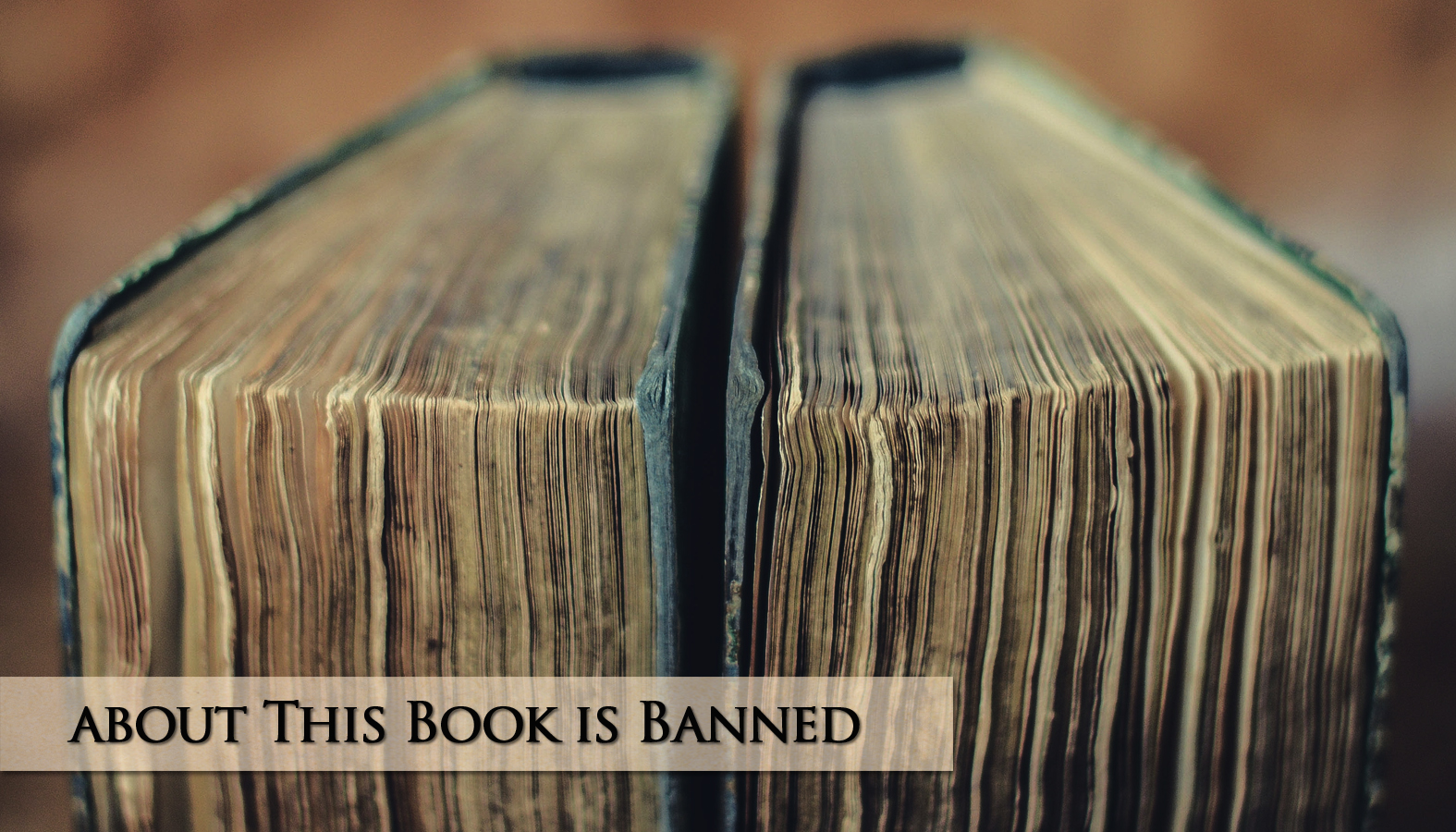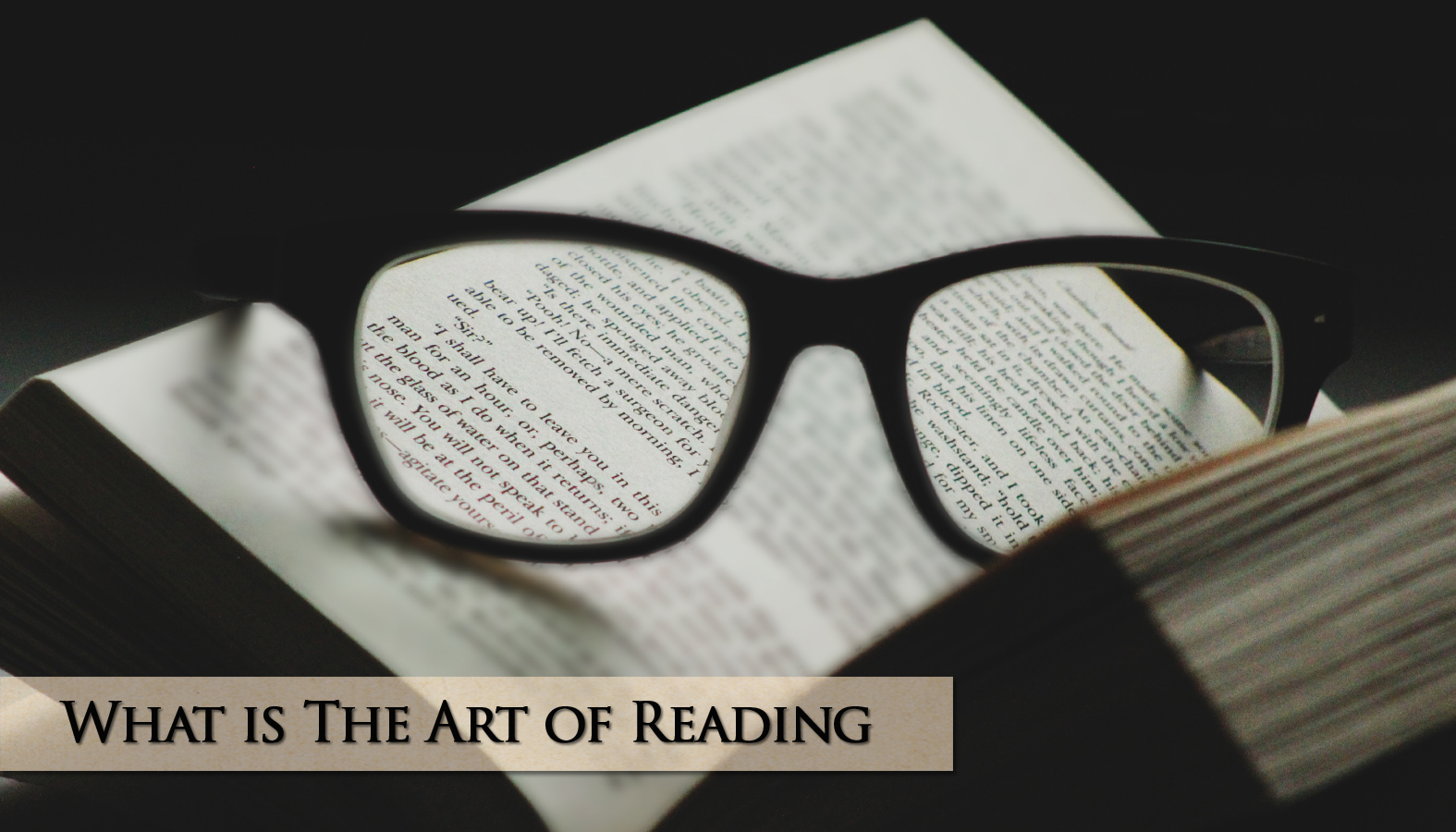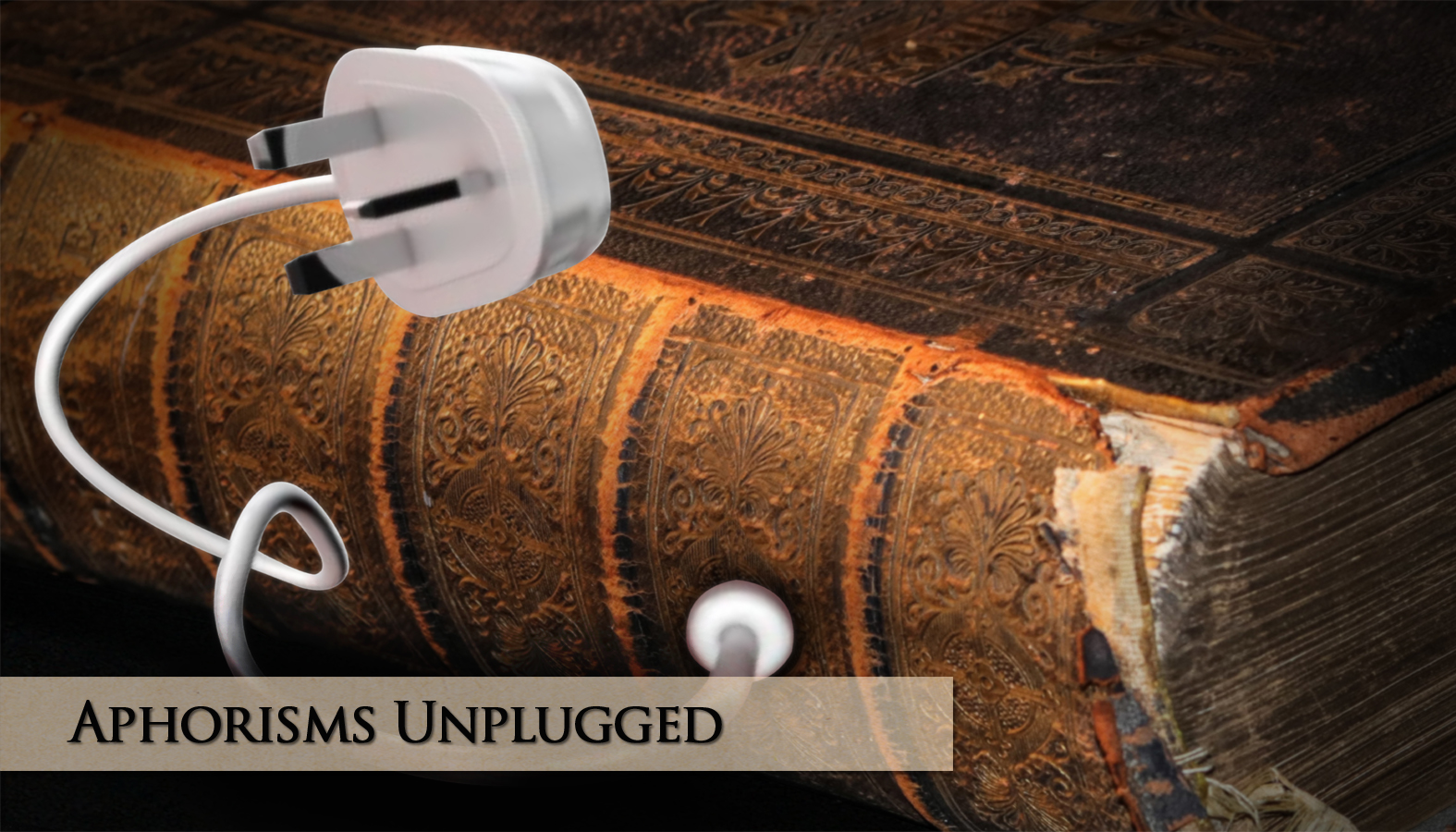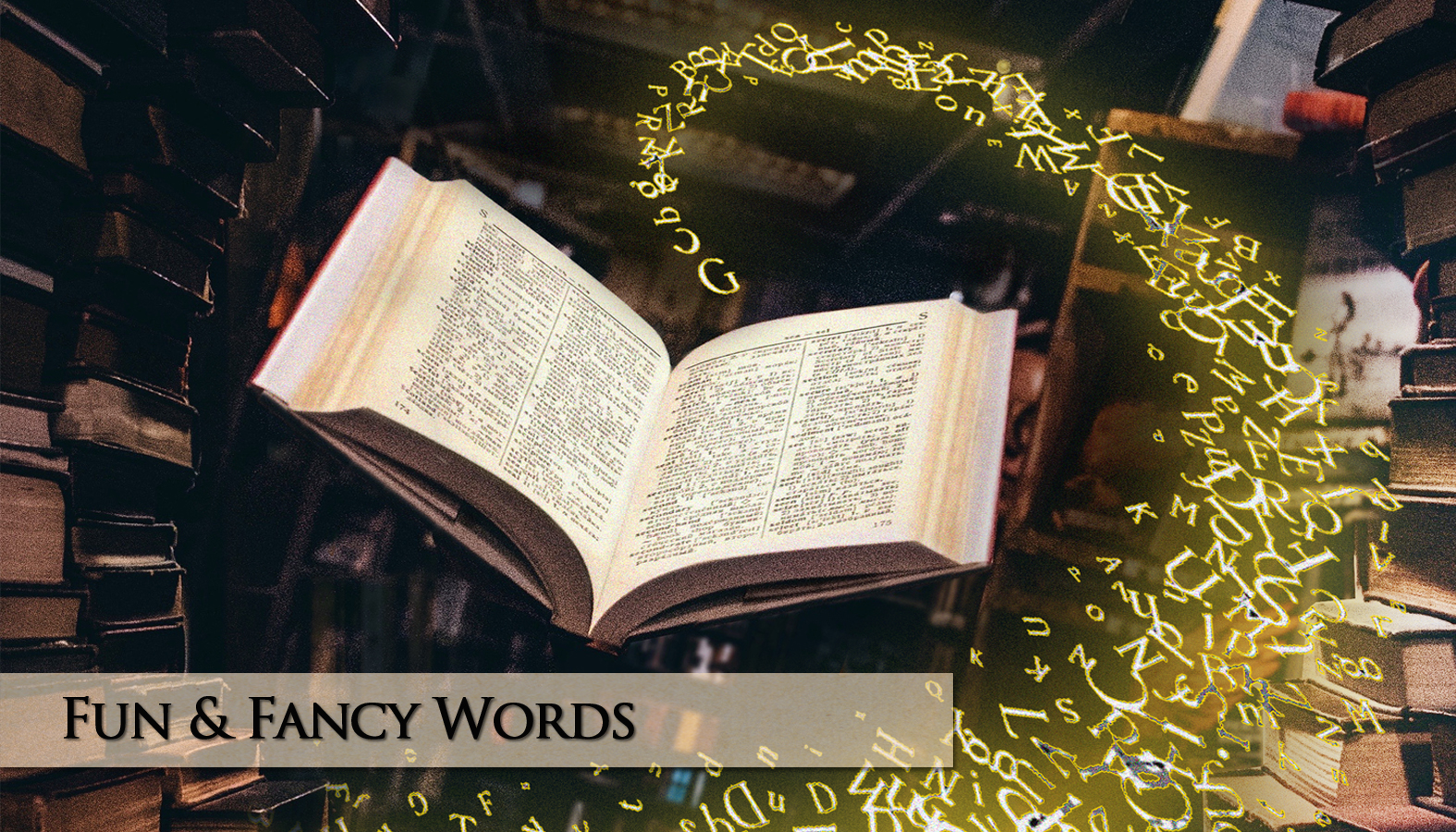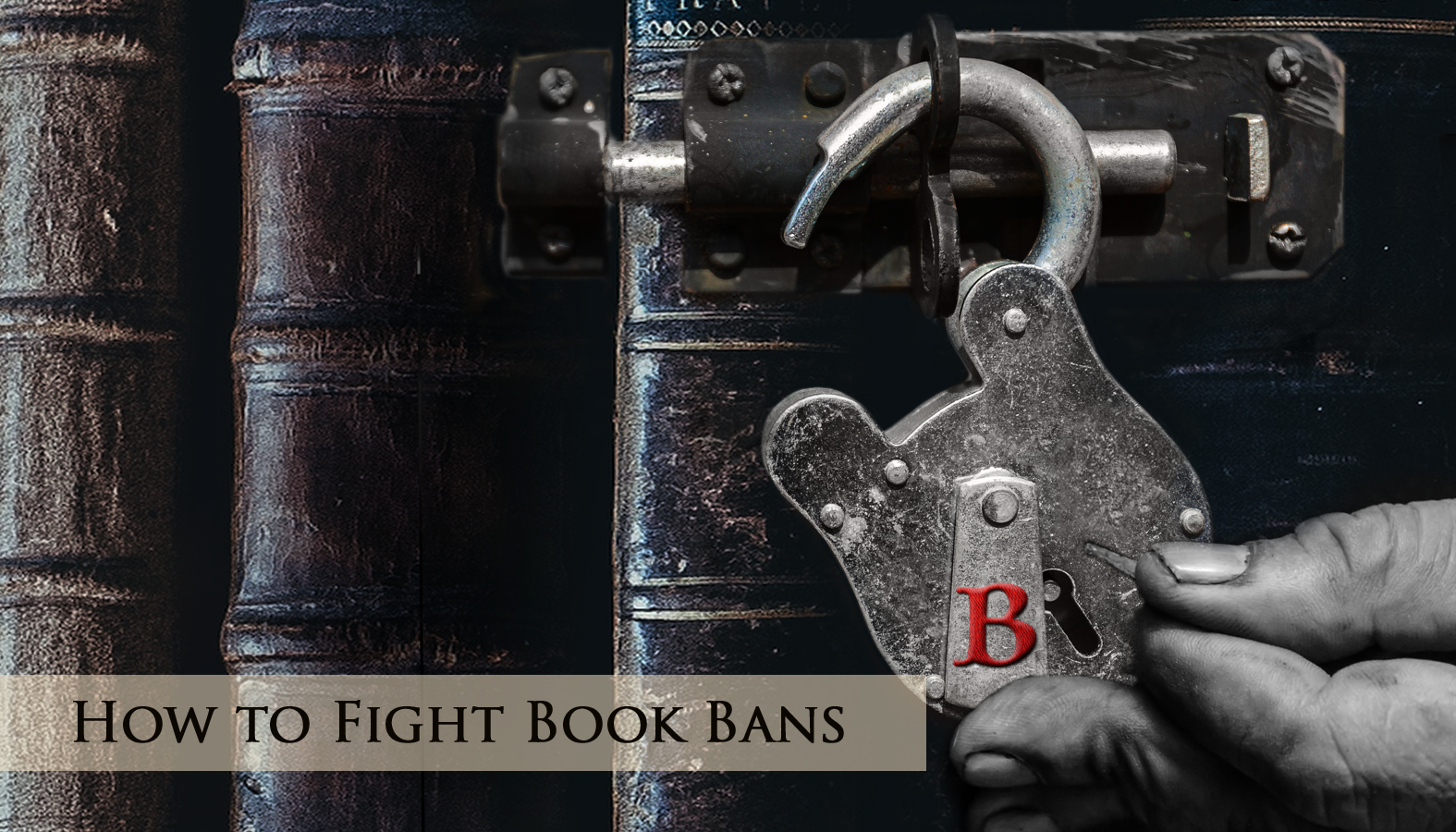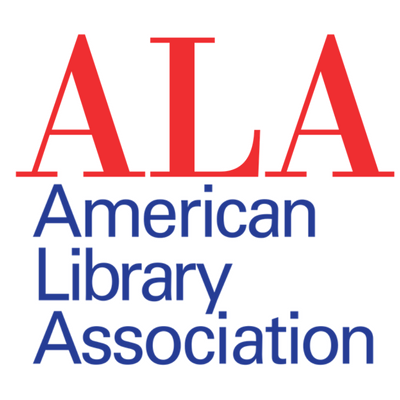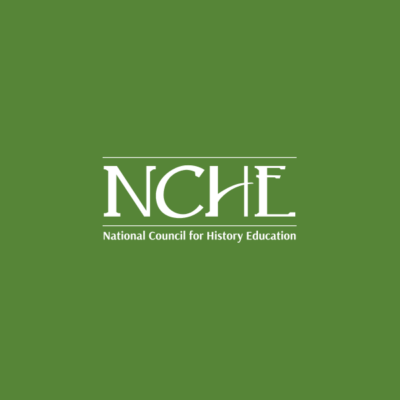The New English Canaan: The first book banned in the United States
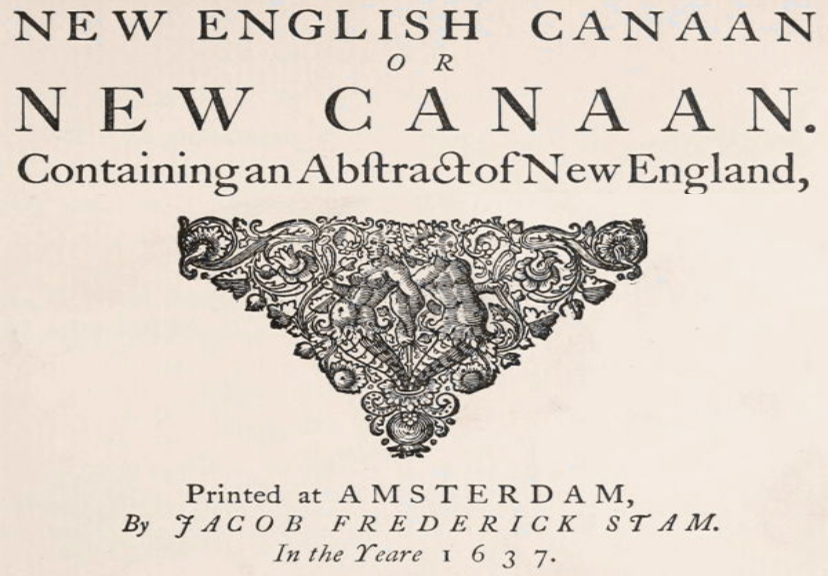
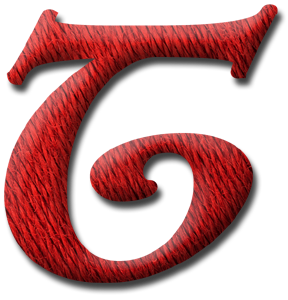 T
T
homas Morton’s blistering satire The New English Canaan is considered the first book to be banned in the United States (to be accurate, what would become the U.S.). Though Morton arrived in Massachusetts with the Puritans, he wasn’t on board with the strict, insular society they set out to build.
So Morton set up a dissenting colony, and seemingly went out of his way to be a perpetual thorn in the side of Plymouth’s governor, William Bradford, who declared him a “Lord of Misrule.”[1] Based on the Roman festival of Saturnalia, a Lord of Misrule is one who presided over raucous celebrations in England throughout the 16th century.[2]
And, Bradford wasn’t altogether wrong. The accusations he hurled toward Morton, like “inviting the Indean women, for their consorts, dancing and frisking togither,” (yes, that means exactly what you think it means) were apparently true.[3]
Morton’s dissenting colony was a “neo-pagan experiment,” which he dubbed Merrymount.[4] The name is a play on the Latin phrase for sea, the Mother of God, not to mention an emotion never associated with the Puritans… joy.[5] Things came to a head when Morton erected an enormous maypole:
![]()
.a goodly pine tree of 80. foote longe was reared up, with a peare of [very pagan] buckshorns nayled one fomewhat neare unto the top of it.[6]
Morton’s nickname for Miles Standish, “Captain Shrimp,” is but one example of New English Canaan’s harsh (and amusing) satire.[7] He’s highly critical of Puritan social order in general, and the contemptible treatment the New World was receiving at the hands of these Puritans.
The New English Canaan was written from England where Morton was involved in a lawsuit against the Massachusetts Bay Company. Upon his return to Massachusetts in 1644, Morton was arrested for its publication and exiled to Maine where he died in 1647.
The may-pole incident inspired another piece of great American literature, written by an author known for his commentary on Puritanism. Nathaniel Hawthorne recounts this turn of events in his Twice-Told Tale “The May-pole of Merry Mount.” Hawthorne sums up the cultural environment that brought about the banning of The New English Canaan as only he can, stating in the opening paragraph that “jollity and gloom were contending for an empire.”[8]

Share This Post, Choose a Platform!
Endnotes:
[1] Mancall, Peter C. The Trials of Thomas Morton. (New Haven: Yale University Press, 2019) Pg 13.
[2] McMahon, Mary. “What Was the Lord of Misrule?” HistoricalIndex.org https://www.historicalindex.org/what-was-the-lord-of-misrule.htm
[3] Bradford, William. Bradford’s History of “Plimoth Plantation.” (Boston: Wright & Potter Printing Co., 1898), pg 285.
https://www.gutenberg.org/files/24950/24950-h/24950-h.htm
[4] Simon, Ed. “Lord of Misrule: Thomas Morton’s American Submersions.” November 24, 2020. The Public Domain Review. https://publicdomainreview.org/essay/lord-of-misrule-thomas-mortons-american-subversions#p-1-4.
[5] Simon, Ed. “Lord of Misrule: Thomas Morton’s American Submersions.” November 24, 2020. The Public Domain Review. https://publicdomainreview.org/essay/lord-of-misrule-thomas-mortons-american-subversions#p-1-4.
[6] Morton, Thomas. New English Canaan. (Boston: Publications of the Prince Society, 1858 edition). Pg 277.
[7] Morton, Thomas. New English Canaan. (Boston: Publications of the Prince Society, 1858 edition). Pg 285.
[8] Hawthorne, Nathaniel. “The May-pole of Merry Mount.” Twice Told Tales. (Boston: Houghton, Mifflin and Co., 1884), Pg 69.




